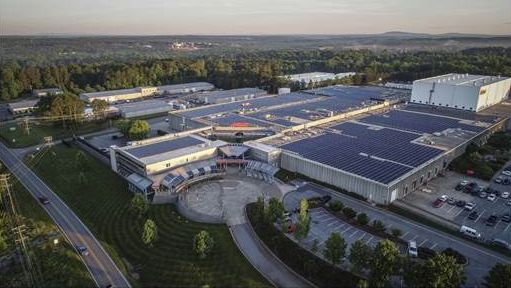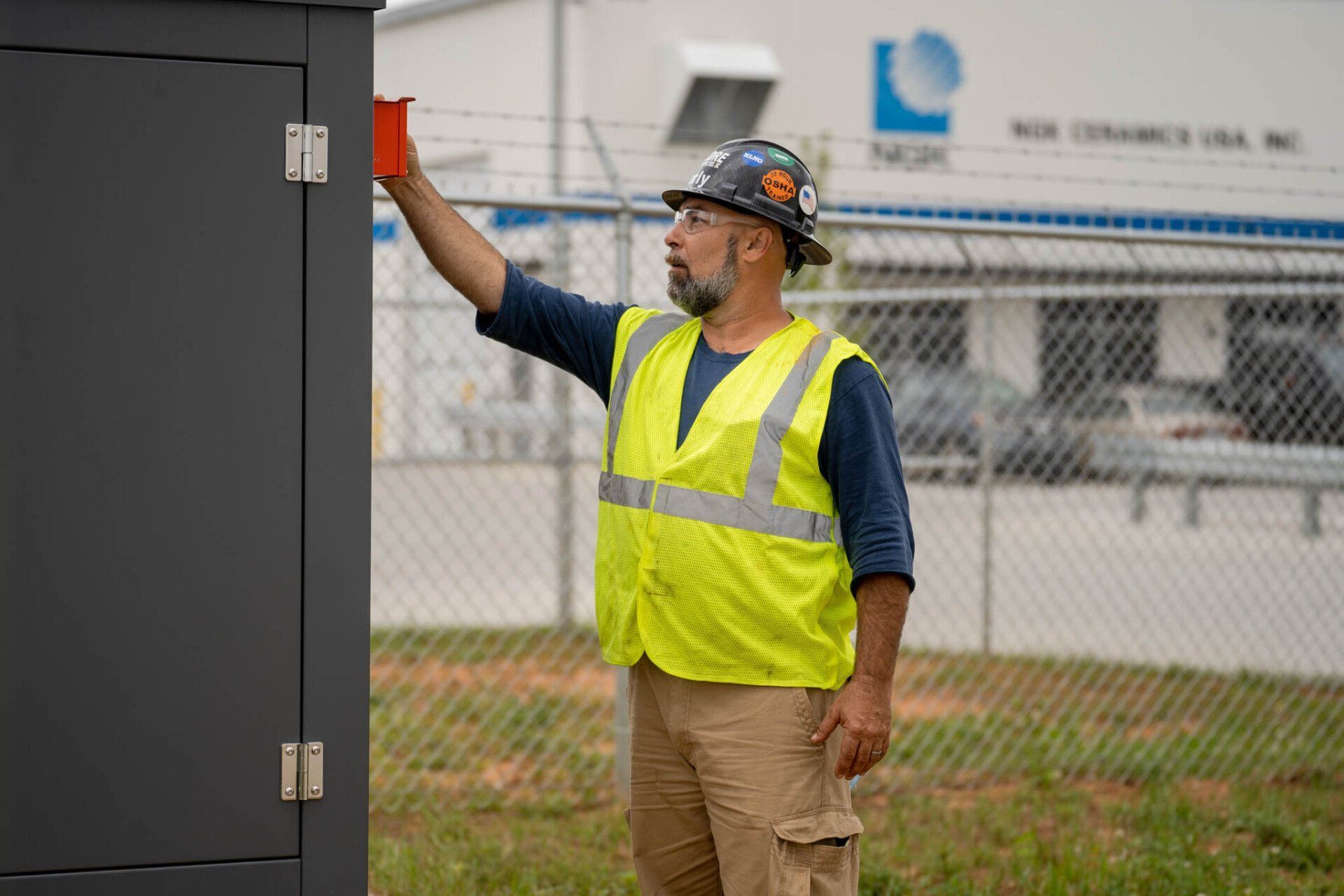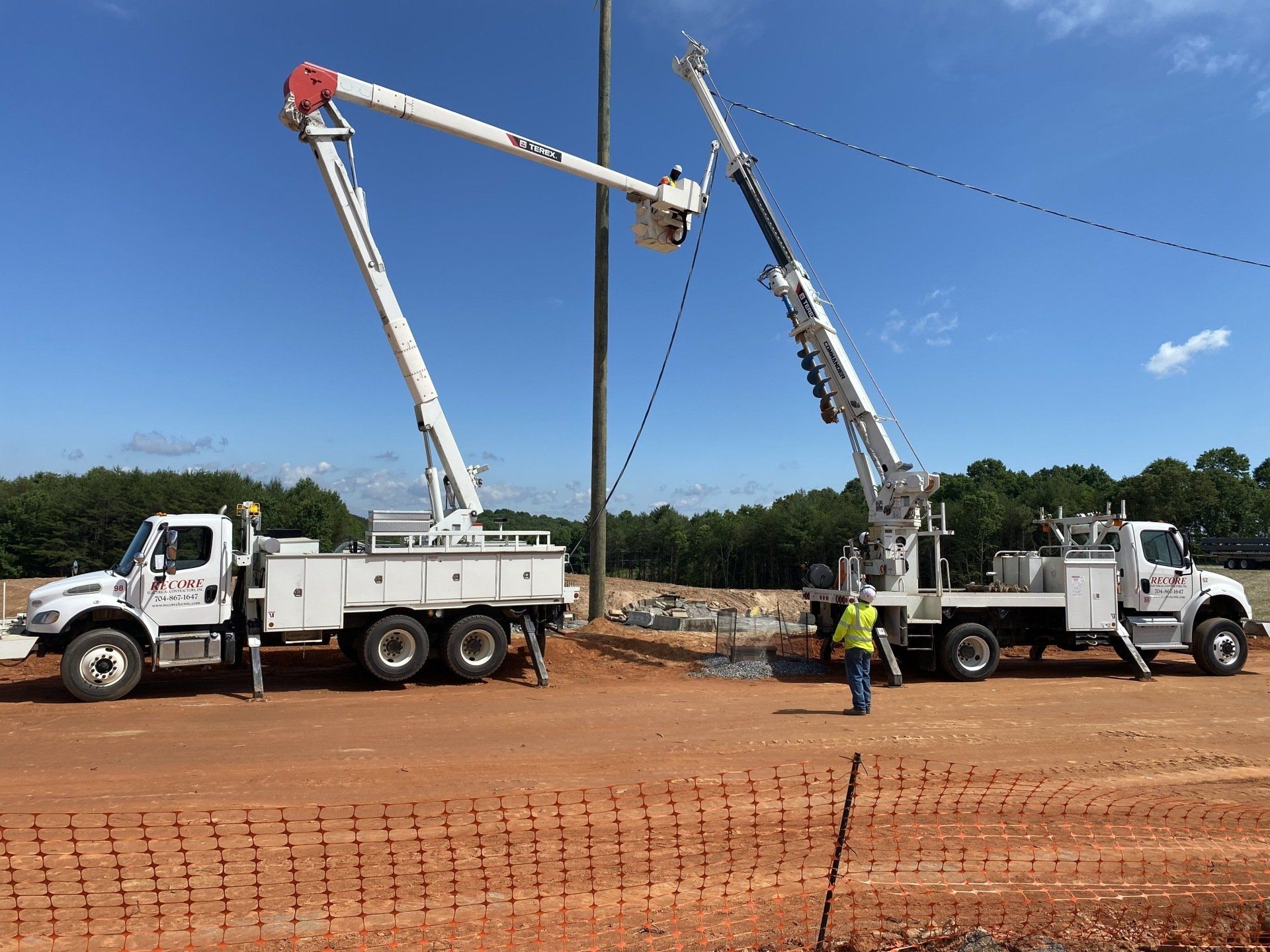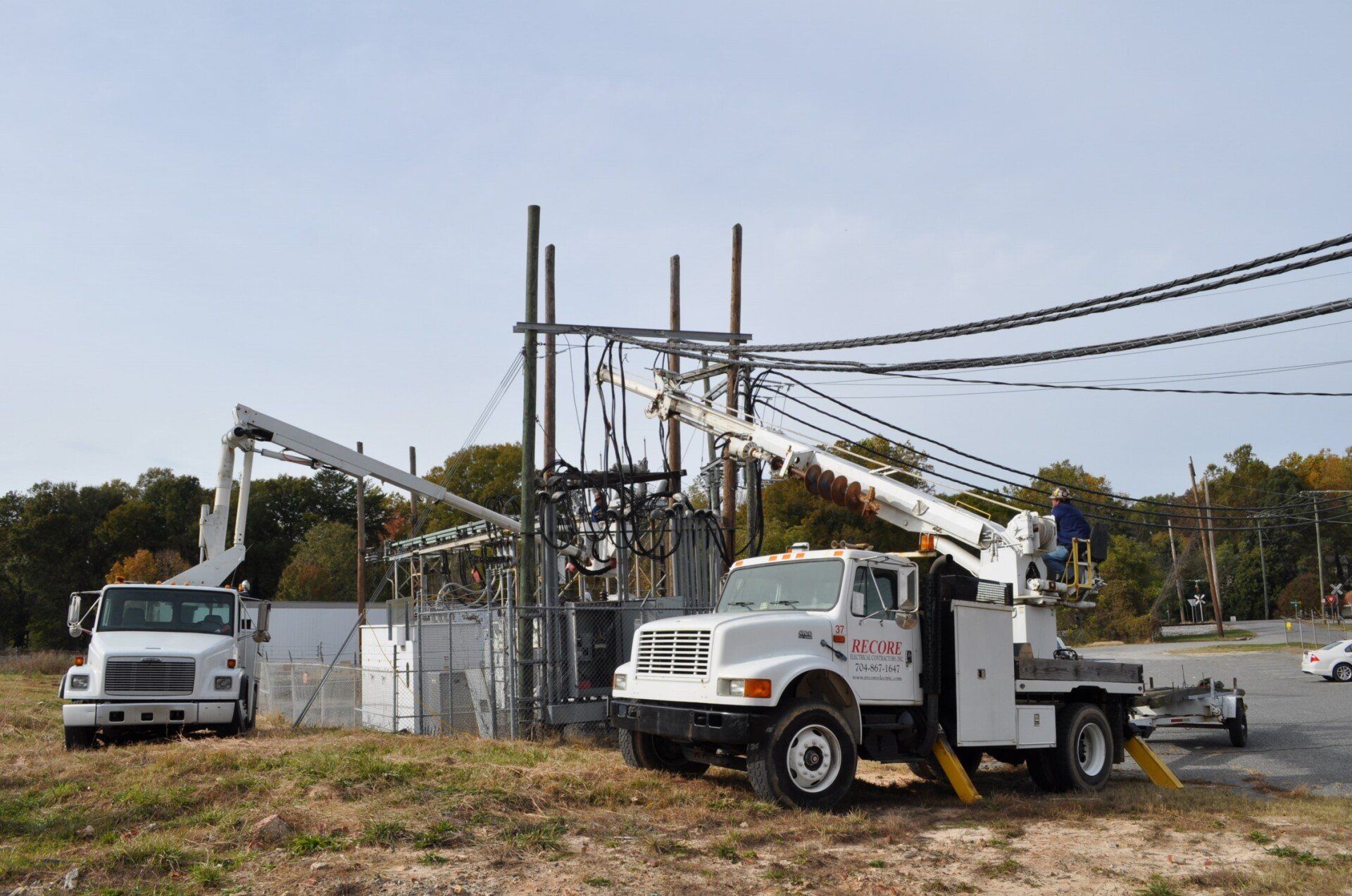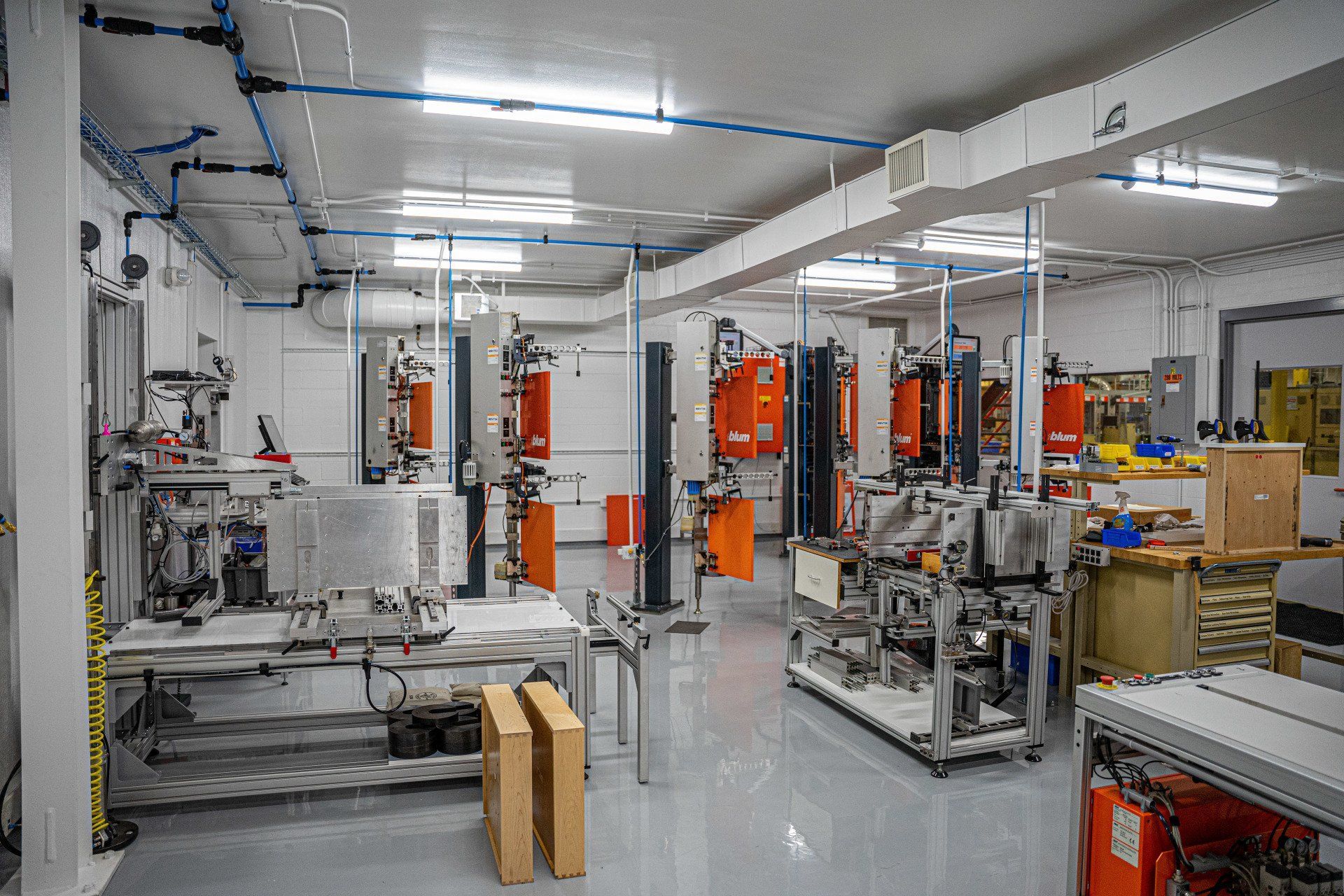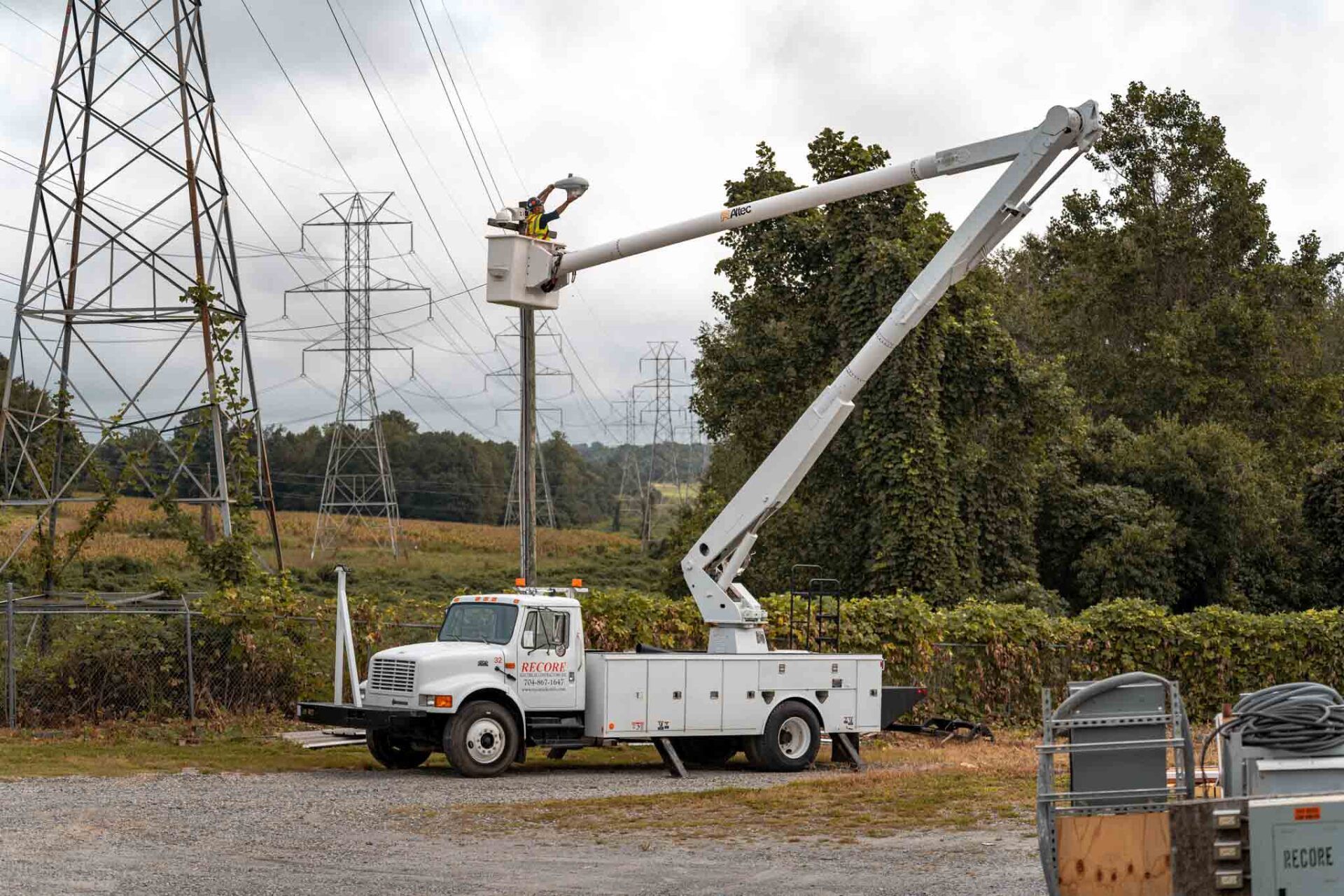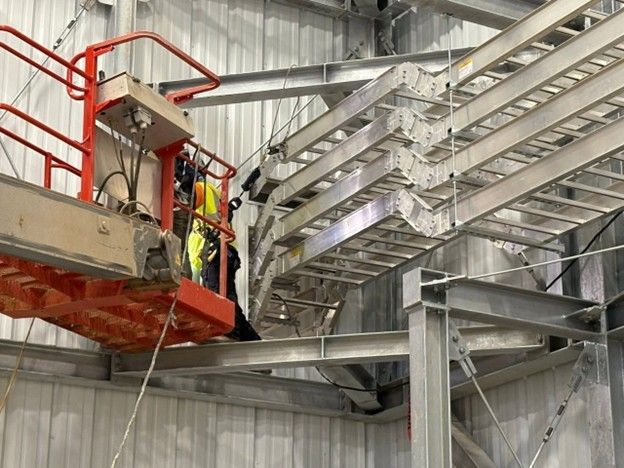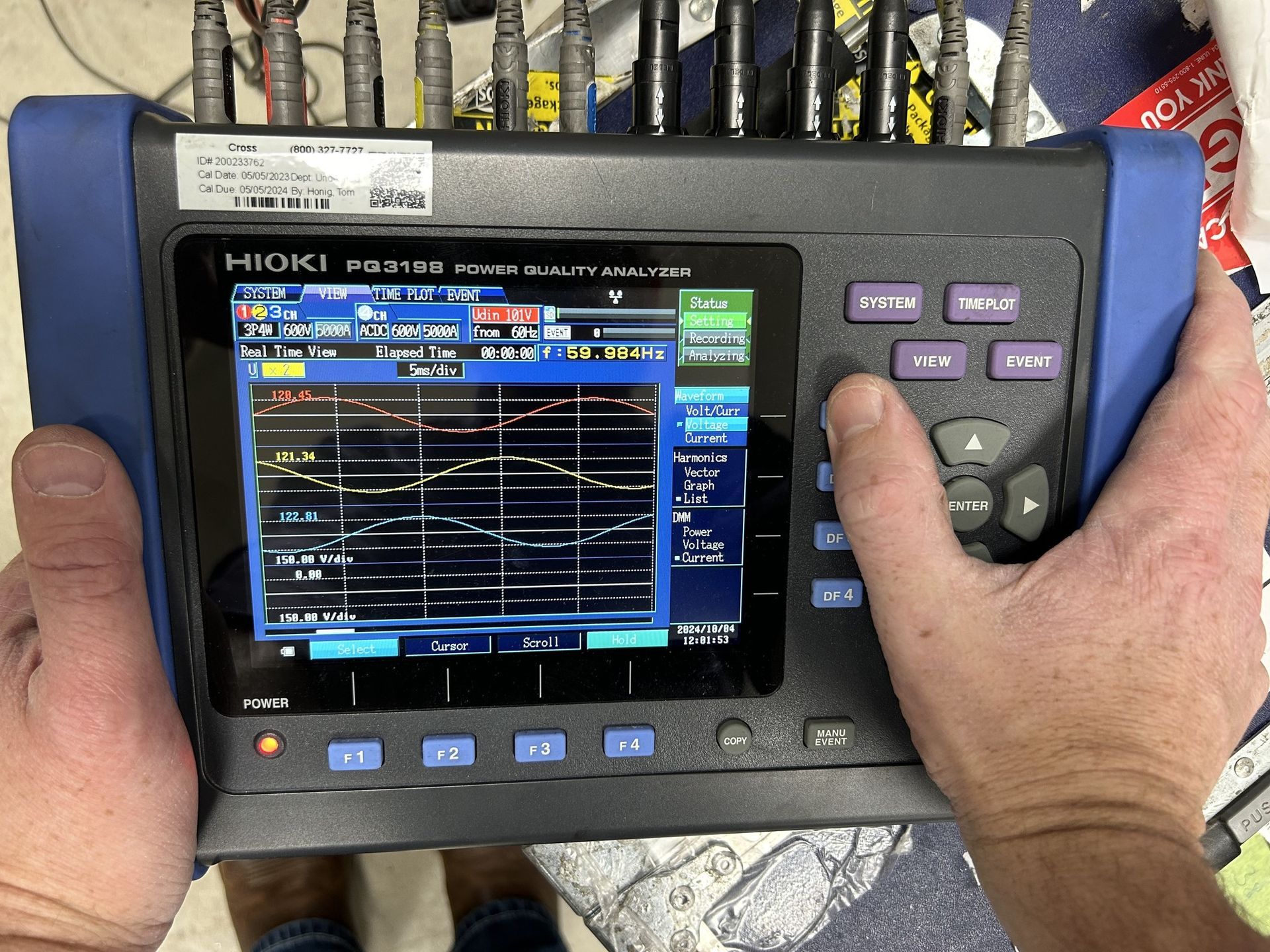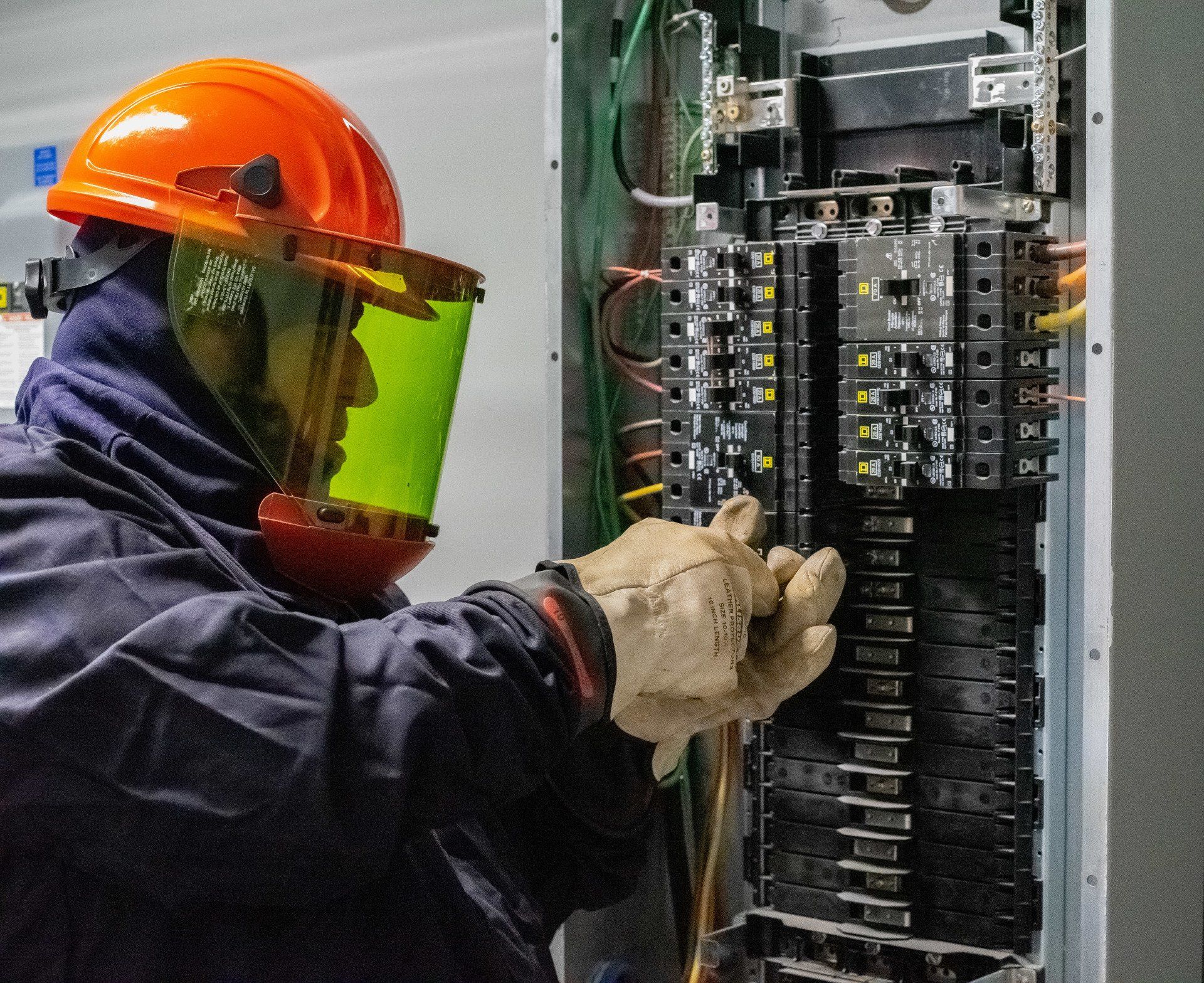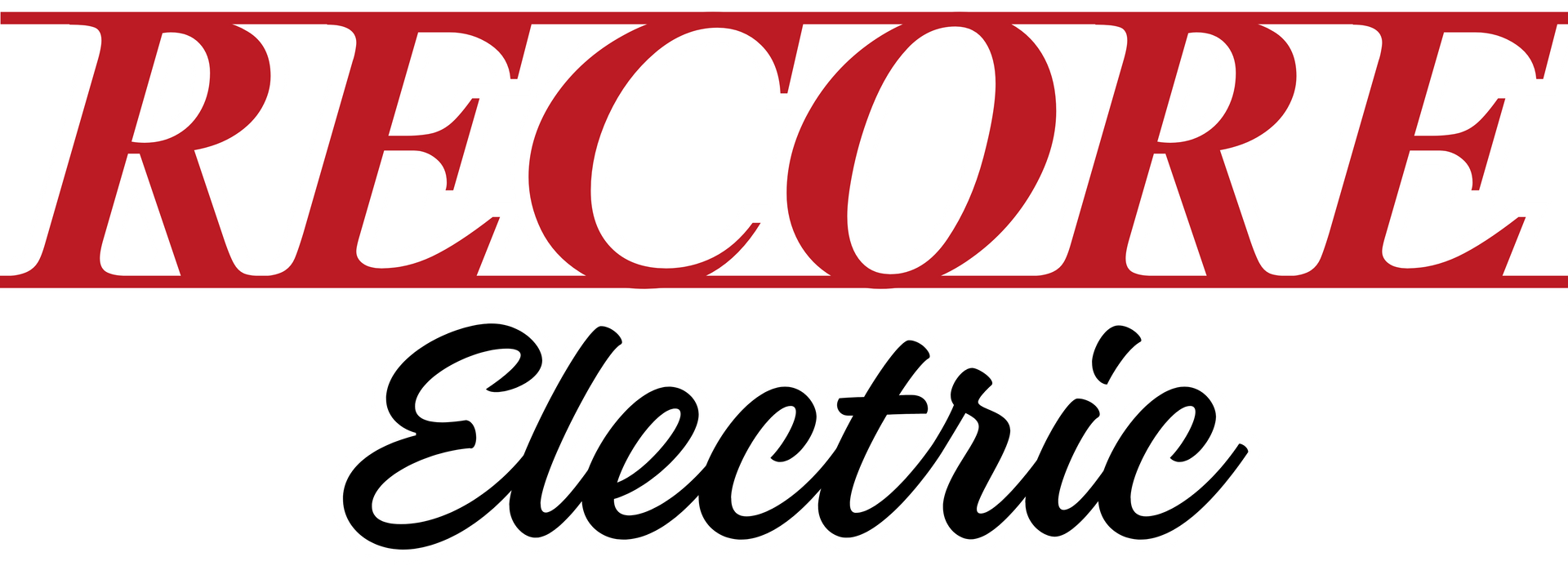Why Electrical Service Intervals Matter: Options Explained
In today's industrial landscape, electrical reliability isn't a luxury, it's a baseline expectation. From manufacturing facilities to food processing plants, every operation depends on consistent and safe electrical performance. One of the most effective strategies to maintain uptime and safety is adhering to scheduled electrical service intervals.
Recore Electrical Contractors offers tailored maintenance plans on a monthly, quarterly, or semi-annual basis to fit the unique demands of each facility. With a robust team of licensed electricians and technical staff, Recore’s approach is proactive, comprehensive, and grounded in field-proven methods that keep systems compliant with national standards and operating at peak efficiency.
What Are Electrical Service Intervals?
Electrical service intervals refer to pre-scheduled maintenance appointments where specific tasks are performed on electrical equipment, systems, and infrastructure. These intervals are designed to catch potential failures before they occur, maintain calibration, verify safety, and minimize unexpected downtime. By breaking maintenance into recurring checkpoints, monthly, quarterly, or semi-annual, facility managers can spread out work over time without sacrificing coverage or reliability.
The National Fire Protection Association (NFPA) and Occupational Safety and Health Administration (OSHA) both promote preventive maintenance strategies to reduce workplace hazards and electrical system failures. According to OSHA, poor electrical maintenance can contribute to significant risks, including arc flash incidents, power failures, and equipment damage. NFPA 70B, a recommended practice by the NFPA, offers guidelines on maintaining electrical systems through routine inspections and service intervals.
Electrical Service and Maintenance Solutions
At Recore Electrical Contractors, our large staff of skilled electrical tradesmen can provide regular quality service to audit your systems, provide timely repairs, calibration and maintenance. We deliver world-class maintenance solutions for system compliance by providing calibration service intervals.
- Fire Alarm Monitoring Systems: Regular checks verify communication signals, battery function, and sensor health.
- Network Monitoring Systems: Monthly service keeps tabs on voltage irregularities, connectivity issues, and data flow within networked controls.
- Instrument Calibration: For facilities requiring exact measurements (e.g., pharmaceutical or chemical processing), monthly calibration is vital to maintaining regulatory compliance.
- Switchgear Inspections and Troubleshooting: Technicians check insulation resistance, thermal patterns, and breaker timing.
- Ground Field Testing: By assessing the grounding system’s continuity and resistance, potential faults can be identified and corrected.
- Machinery and Control System Checks: Verification of contactor wear, relay health, and actuator functionality prevents sudden shutdowns.
- PLC and MIS System Programming Review: A quarterly review of programmable logic controllers (PLCs) and management information systems (MIS) helps detect communication failures or program logic drift.
- Perform Ultrasonic and Thermal Diagnostics: These advanced tools uncover issues invisible to the eye, like heat buildup, arcing, or bearing wear.
- Test Power Distribution Panels: Measuring load balance, phase alignment, and breaker function helps maintain energy efficiency.
- Review Fire Protection Systems: Fire detection and suppression systems are checked for code compliance, signal transmission, and physical condition.
- Inspect Process Control Systems: For facilities with automated control loops, Recore provides performance testing and service validation.
Monthly Electrical Service Intervals
Monthly service intervals are typically reserved for high-use or mission-critical environments where even a minor disruption can lead to serious consequences. Facilities that rely on 24/7 operations often request monthly service to monitor sensitive systems. These routine checks are fast and focused, offering quick wins in reliability without requiring shutdowns. Technicians use handheld instruments to spot-check calibration, monitor voltages, and check alarm or alert settings.
Quarterly Electrical Service Intervals
Quarterly intervals provide a balance between regular oversight and operational convenience. This schedule works well for medium-to-large operations where power consumption is high but systems do not require constant calibration. This level of maintenance supports long-term system performance and can prevent small issues from escalating into large-scale outages.
Semi-Annual Electrical Service Intervals
Twice-a-year electrical service is typically suited for facilities with steady-state equipment, lower demand variation, or highly redundant systems. It is also appropriate for locations that already conduct internal monthly or quarterly checks but require formal, third-party service for code compliance or insurance requirements.
Benefits of a Structured Electrical Service Interval Program
Adopting a service schedule provides several operational advantages. It gives your facility:
1. Predictable Downtime Windows
Scheduled service means you're in control of when systems are inspected. Recore works with clients to align maintenance around operational lulls or seasonal production slowdowns.
2. Code and Insurance Compliance
Having documentation for regular inspections demonstrates adherence to NFPA, OSHA, and local codes. Insurance providers may request these logs in the event of an incident.
3. Reduced Emergency Calls
Preventive maintenance reduces the frequency of surprise outages, saving both time and cost. It is more efficient to replace a worn component under planned circumstances than during an unplanned shutdown.
4. Extended Equipment Life
Routine calibration, thermal imaging, and mechanical checks keep motors, transformers, and digital controls operating within recommended limits. This avoids unnecessary wear and accelerates replacement cycles.
5. Safety Improvements
Regular testing of circuit breakers, grounding systems, and fire alarms helps reduce the likelihood of shocks, fires, and arc flash incidents. Employees benefit from safer working conditions.
How Recore Customizes Electrical Service Intervals
Recore’s maintenance approach is not one-size-fits-all. Each client undergoes a consultation and walkthrough that evaluates:
- Age and condition of equipment
- Hours of operation
- Environmental stressors (e.g., moisture, dust, vibration)
- System complexity and automation levels
- Regulatory requirements tied to the industry
Using this data, Recore develops a maintenance plan that not only fits your budget but also your operational risk tolerance. Whether you're maintaining an industrial freezer warehouse or an advanced electronics facility, service intervals are adapted to meet your realities.
Industries That Benefit Most from Regular Electrical Service
Recore Electrical Contractors serves a wide range of industries where service intervals play a key role in uptime and code compliance:
- Manufacturing Facilities: Machinery downtime translates directly to production losses.
- Food and Beverage Plants: Regular electrical testing supports USDA and FDA compliance.
- Warehouses and Distribution Centers: Fire alarm and networked controls must remain operational to meet safety and logistics standards.
Scheduling Your First Service Interval with Recore
Starting a structured electrical service plan is straightforward. Recore provides a no-obligation site assessment and follows up with a proposed maintenance schedule and quote. Clients are never locked into long-term contracts and can adjust service frequency based on equipment upgrades, operational changes, or regulatory shifts.
Conclusion
Staying ahead of electrical problems begins with routine care. Electrical service intervals, whether monthly, quarterly, or semi-annual, help businesses avoid emergencies, stay compliant, and keep systems running efficiently. With a skilled team, 24/7 support capabilities, and a commitment to high-performance standards, Recore Electrical Contractors is equipped to support every phase of your electrical infrastructure lifecycle.
To learn more about how Recore can support your facility with structured service intervals, contact our team today and schedule an initial consultation.
